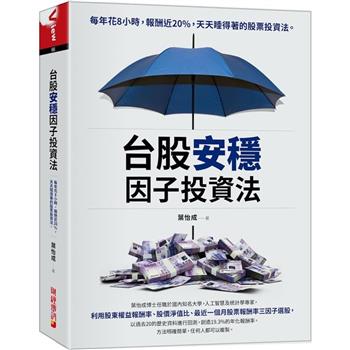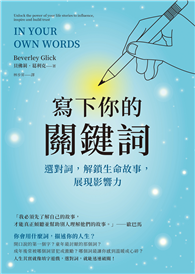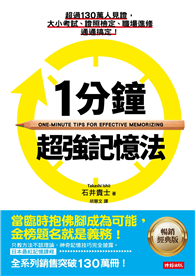This is a systematic study of Matteo Ricci’s (1552-610) enormous impact on the development of modern scientific and intellectual terminology in China.
Taking the Sino-estern cultural exchanges initiated by Western Jesuit missionaries in the late-ing dynasty as its starting point, this book comprehensively presents the new terms coined by Ricci (and his collaborators) in his religious, geographical, geometrical, and astronomical Chinese writings. It uses a multitude of examples adopted from Ricci’s Chinese works as well as from ancient Chinese documents to discuss etymological evolution. Ricci’s early coinages of terms and their subsequent history demonstrate the role of interaction and scholarly collaboration between the late Ming Jesuits and Chinese intellectuals in the formation of modern Chinese lexicon. The research conclusions of this book will further advance Ming-ynasty studies and contribute to a new understanding of the creation of modern Chinese lexicon.
This book is a vital resource for students, scholars, and linguists studying and researching in the history of Chinese and early Mandarin. This volume will also be very interesting among students and scholars of Chinese literature and history, particularly among scholars who work in Ming history and literature.
The Open Access version of this book, available at www.taylorfrancis.com, has been made available under a Creative Commons Attribution-Non Commercial-No Derivatives (CC-BY-NC-ND) 4.0 International license












